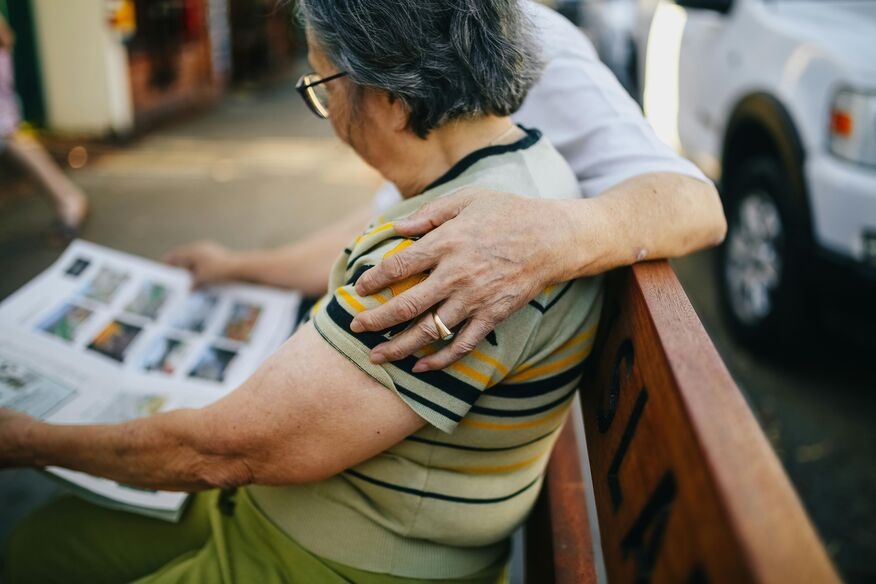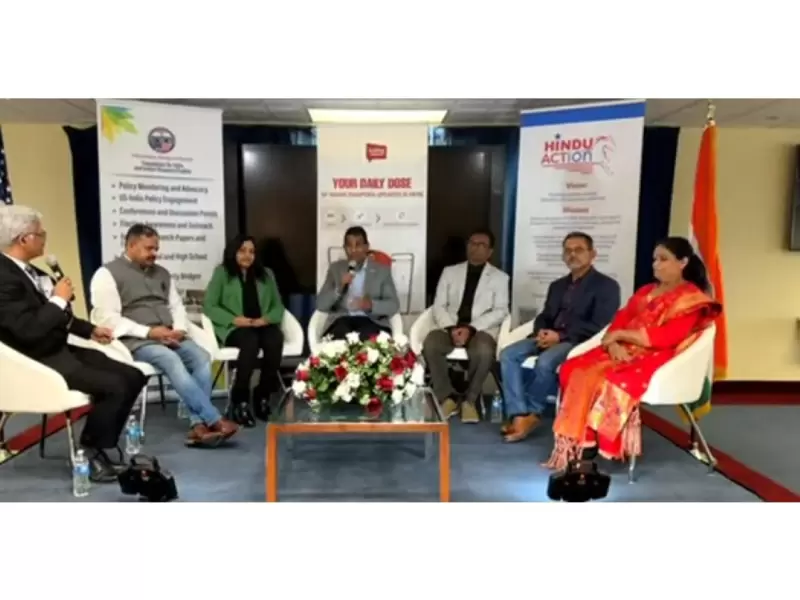The heavy toll of Alzheimer’s on women
According to the 2024 Alzheimer's disease facts and figures report by the Alzheimer's Association, the lifetime risk for Alzheimer's dementia at age 45 is approximately one in five for women.
 Representative Image. / Pexels
Representative Image. / Pexels
Sushma is the wife of a retired Brigadier of the Indian Army. Stately, commanding, from the beautiful state of Kashmir, Sushma slowly started forgetting small things.
“We have friends whose mother had dementia and they stepped in to advise us,” said her 60-year-old daughter-in-law, Ruchika. “We were warned that as the Alzheimer’s disease develops, she will forget what she looks like. We were warned that in their mind, they are still their 24-year-old younger self. Paper up all the mirrors in her apartment, they advised us. They think the old person in their mirror is an intruder and their own reflection scares them, warned our friend,” shared Ruchika.
The disease’s disproportionate impact on women hits them with a double whammy, both as patients and caregivers. “Two thirds of Alzheimer's patients are women, 60 percent of the caregivers are also women,” said Sandy Close of Ethnic News Media services that had organized a briefing on the subject.
According to the 2024 Alzheimer's disease facts and figures report by the Alzheimer's Association, the lifetime risk for Alzheimer's dementia at age 45 is approximately one in five for women.
In the EMS briefing on May 9, Alzheimer’s practitioners, researchers, advocates and firsthand storytellers discussed what can be done to ease the toll. Women who have Alzheimer’s on the one hand risk social isolation, misdiagnosis and stigma, while women caring for those with Alzheimer’s risk averse personal, professional and mental health consequences due to unpaid and informal caregiving responsibilities.
In fact, over a third of the US dementia caregivers overall are daughters, while 19 percent of women Alzheimer’s caregivers have had to quit their job due to their caregiving duties. Dr Wynnelena C Canio, Geriatric Medicine Practitioner, Medical Director of Acute Care for the Elderly unit at Kaiser Permanente San Rafael, shared data on the significant impact Alzheimer’s has on women.
Dr Mirella Diaz-Santos, UCLA Assistant Professor in Residence of Neurology, Director of Equity for Latino/Hispanic Healthy Aging Lab said the reasons why women are more exposed to Alzheimer’s and dementia are being investigated.
Research indicates genes associated with women that increase longevity thereby increasing risk. “Some research also indicates that beta amyloid, a protein associated with Alzheimer’s, accumulates more in the brains of women,” said Dr Wynnelena C Canio, geriatric medicine practitioner.
“There’s also inflammation,” said Dr Mirella Diaz-Santos, UCLA assistant professor-in-residence of neurology, and the equity director for the Latino Healthy Aging Lab at UCLA.
“Think about all the chronic stressors that we endure, day in and day out — environmental stressors, workforce, the nuances that come with gender roles and the role of women in the family … chronic stress from discrimination also plays a role in how different communities are at risk for Alzheimer’s at different levels.”
ADVERTISEMENT
ADVERTISEMENT
E Paper
Video



 Ritu Marwah
Ritu Marwah 







.png)




Comments
Start the conversation
Become a member of New India Abroad to start commenting.
Sign Up Now
Already have an account? Login